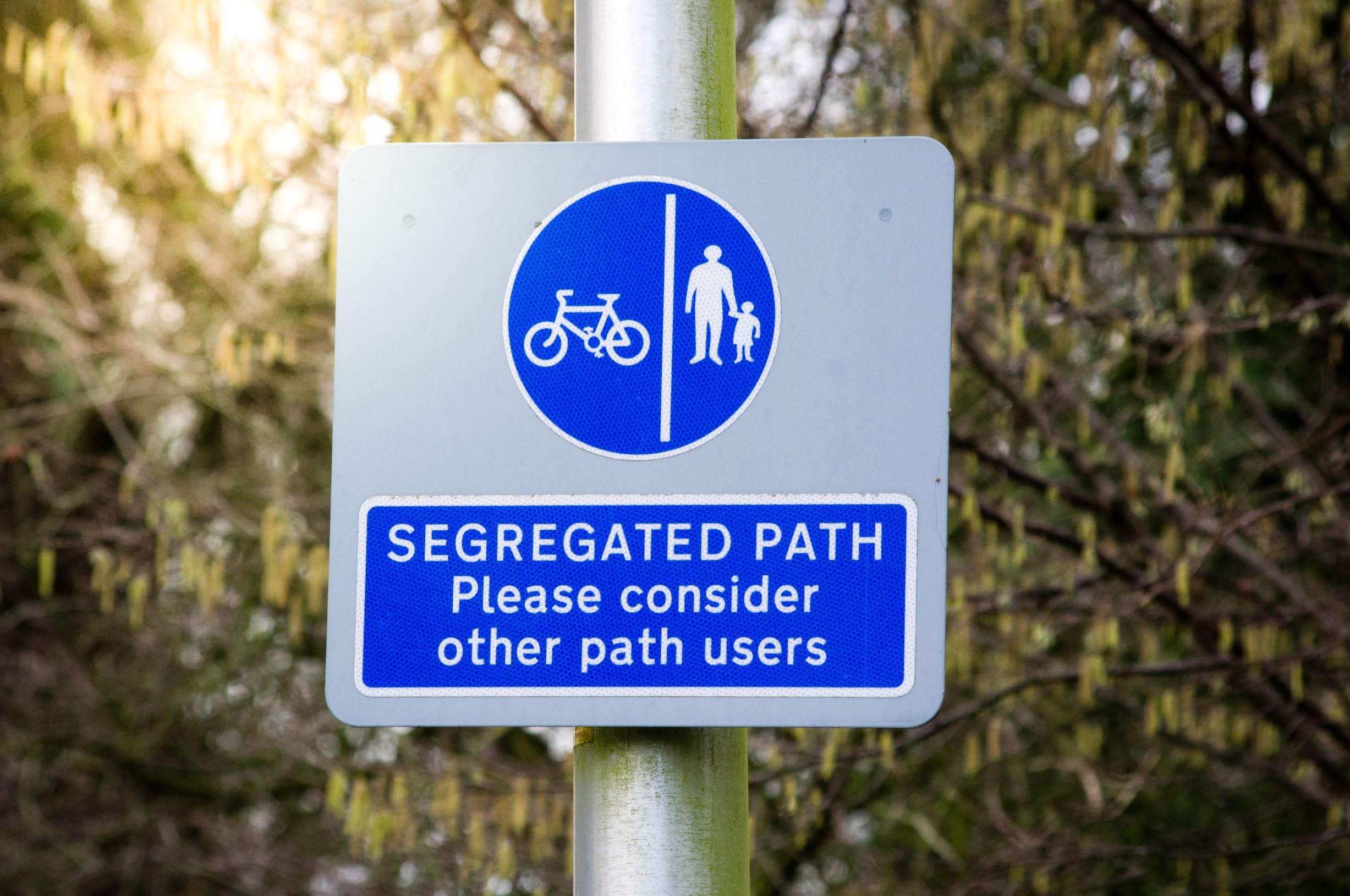
The
United Nations Environment Programme (UN Environment) has urged
governments in developing countries to invest in pedestrians and
cyclists, to save lives, protect the environment and improve air
quality.
In its
annual report for
the United Nations Share the Road programme, UN Environment
recognised that the mobility needs of people who walk and cycle often go
overlooked, and highlighted an urgent need for infrastructure
developments to encourage people to choose healthier transport
alternatives instead of driving.
Event: The Partnership for Clean Fuels and Vehicles
Nearly 40 members of the Partnership for Clean Fuels and Vehicles (
PCFV) met in Paris this month to review progress in promoting cleaner fuels and vehicles in low- and middle-income countries.
Attendees said they were satisfied with progress made in to introduce
cleaner fuels in many developing countries, but voiced concerns that the
pace of introducing cleaner vehicle technologies was too slow.
Hosted by UN Environment, the meeting brought together partners from the
oil and vehicle industry, non-governmental organisations, academia and
representatives from developed and developing countries. Stakeholders
also discussed the need for a joined-up approach to align PCFV goals
with targets to address climate change.
The
recommendations emphasise the importance of redesigning cities to
support active and sustainable travel, and encouraging the uptake of
low-emission vehicles, so that people can live and travel in a safe and
healthy environment, free from harm from road traffic and air pollution.
Δεν υπάρχουν σχόλια:
Δημοσίευση σχολίου